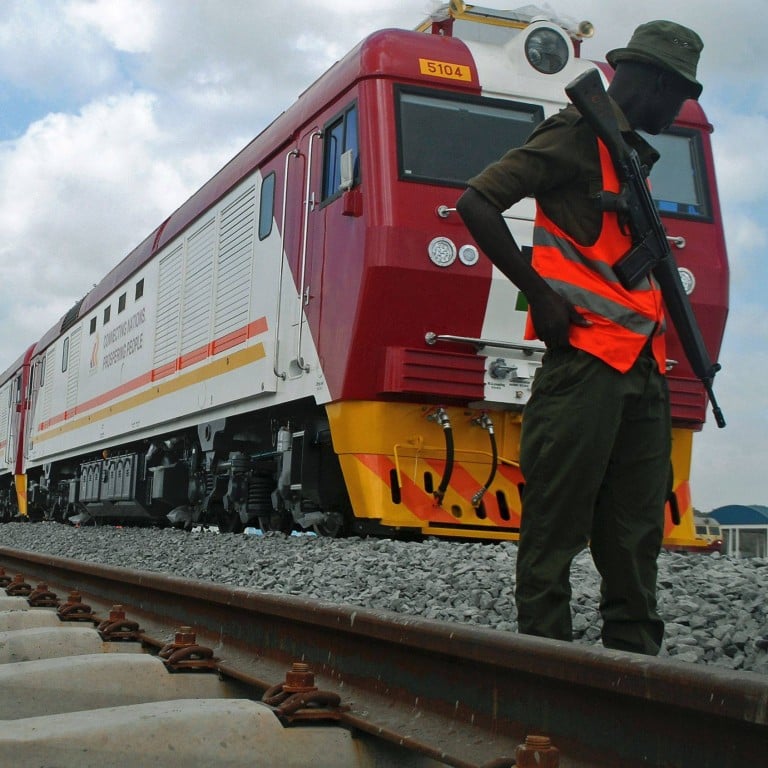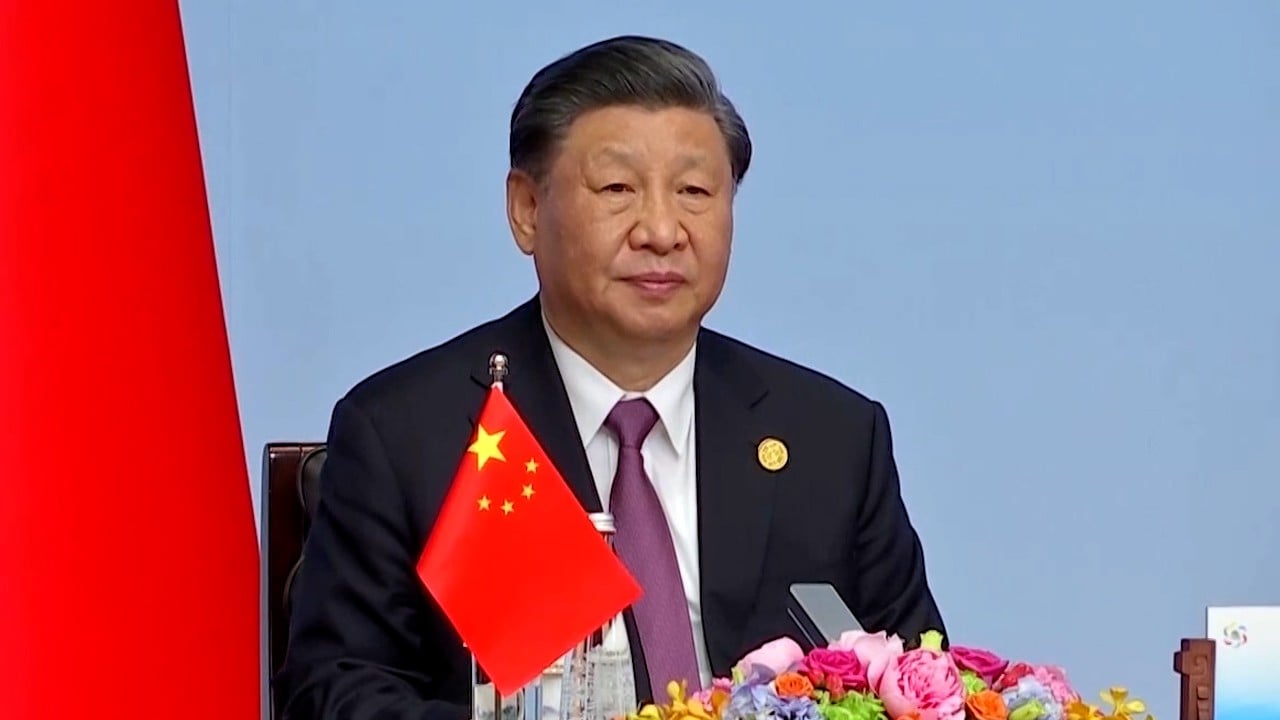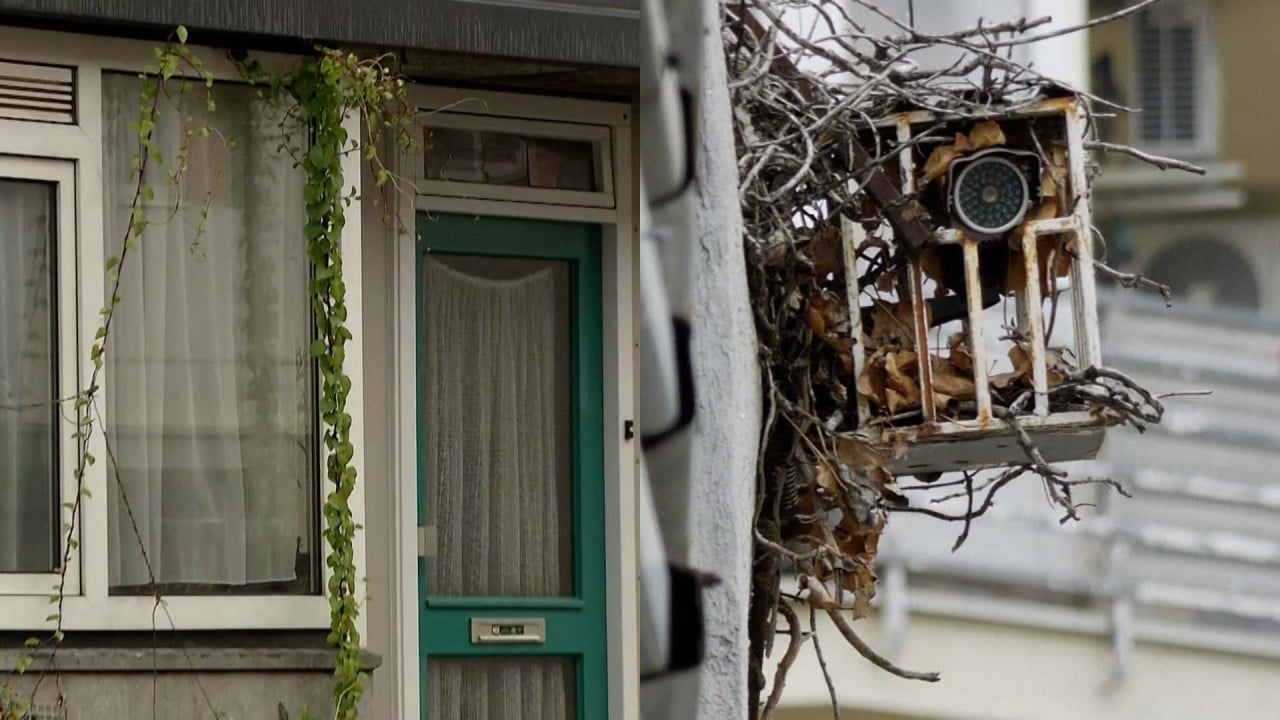
How China is expanding its law enforcement activities across Africa
- Beijing has signed public security and law enforcement agreements with some 40 African nations, according to report
- Analyst says that as cooperation grows, so does ‘promotion of Chinese policing norms within African police forces’
China’s influence in Africa has expanded to law enforcement as it seeks to protect its nationals abroad or arrest those wanted for alleged crimes.
From South Africa to the North African nations of Algeria, Tunisia and Egypt, China has signed public security and law enforcement agreements with some 40 African nations, according to a report by Africa-China security expert Paul Nantulya.
He gives the example of a joint operation in Uganda that led to the capture and deportation of four Chinese nationals who were allegedly part of a criminal gang. More than 30 Chinese commandos took part in the operation with Ugandan special forces in January 2022.
What are China’s ‘secret police stations’ and is their role exaggerated?
Chinese nationals have been warned of an increased risk of kidnappings and attacks in the resource-rich Democratic Republic of Congo (DRC) and in Nigeria. China’s public security ministry sent a team of experts to the DRC last year when the situation worsened, and Beijing said it would send criminal investigators to Nigeria after a rise in kidnappings and attacks on Chinese there.
Nantulya said security cooperation was growing, as was “promotion of Chinese policing norms within African police forces”. He said more than 2,000 African police and law enforcement personnel had received training in China between 2018 and 2021.
The report was published last week by the Africa Centre for Strategic Studies at the National Defence University in Washington, where Nantulya is a research associate.
Among the agreements, Ethiopia and China’s Ministry of Public Security have signed a cooperation framework to protect “major Chinese-assisted projects in the country” such as the Addis Ababa-Djibouti Standard Gauge Railway. In neighbouring Kenya, the government worked with China to set up an elite police force to protect the Mombasa-Nairobi Standard Gauge Railway.
Angola, Mozambique, Lesotho, South Africa, Zambia, Zimbabwe, Mauritius, Seychelles, Madagascar and Tanzania are also on the long list of countries that are cooperating with China on law enforcement.
Nantulya said joint operations are the most prominent of a range of Chinese law enforcement activities in Africa “that have largely escaped scrutiny”.
China has also built police training schools and police stations, and supplied police equipment in many parts of Africa, according to Nantulya.
He said China’s “no questions asked” policy meant equipment could be bought without worrying about human rights-related export controls and end-user monitoring.
Between 2003 and 2017, African countries secured US$3.56 billion in Chinese loans for public security – including surveillance systems, national security networks and other security wares like anti-riot gear, according to Nantulya. He said the bulk of the equipment was included in military sales, so the figure was likely an underestimate.
China digs in on divisive African pipeline as Western lenders pull out
Meanwhile, Chinese police training involves not just technical skills but political and ideological principles based on the Communist Party’s model of absolute party control of security forces and the state, Nantulya said.
Nigeria, Lesotho, Mauritius and at least 20 other countries have relationships with China’s Special Police College, which conducts counterterrorism training, according to Nantulya. He also gave the example of Rwanda and the African Union counterterrorism programme, which have ongoing relationships with the Shandong Police College.
Some of the training is carried out in Africa, such as a joint programme by the Algerian Ministry of Interior and Local Authorities and the Chinese Academy of Governance. More than 400 Algerian police, law enforcement, and civil service personnel graduated from that programme between 2015 and 2018.
“China has a particularly receptive audience among some African leaders concerned with regime survival. They admire the [Communist Party’s] methods of control and its ubiquitous and expansive police-state machinery that dwarfs the PLA’s budget,” Nantulya said.
David Shinn, a professor at George Washington University’s Elliott School of International Affairs, said that for several years, “China has been expanding its engagement with African police forces both at the request of African governments and in an effort to improve security for Chinese nationals visiting, living and working in Africa”.
“Security cooperation has been especially developed in South Africa, which is home to the largest Chinese community on the continent,” Shinn said.
“Most of this collaboration has been positive and provided useful training for African forces, but it does raise serious questions in those countries where the police have a reputation for being particularly corrupt.”



